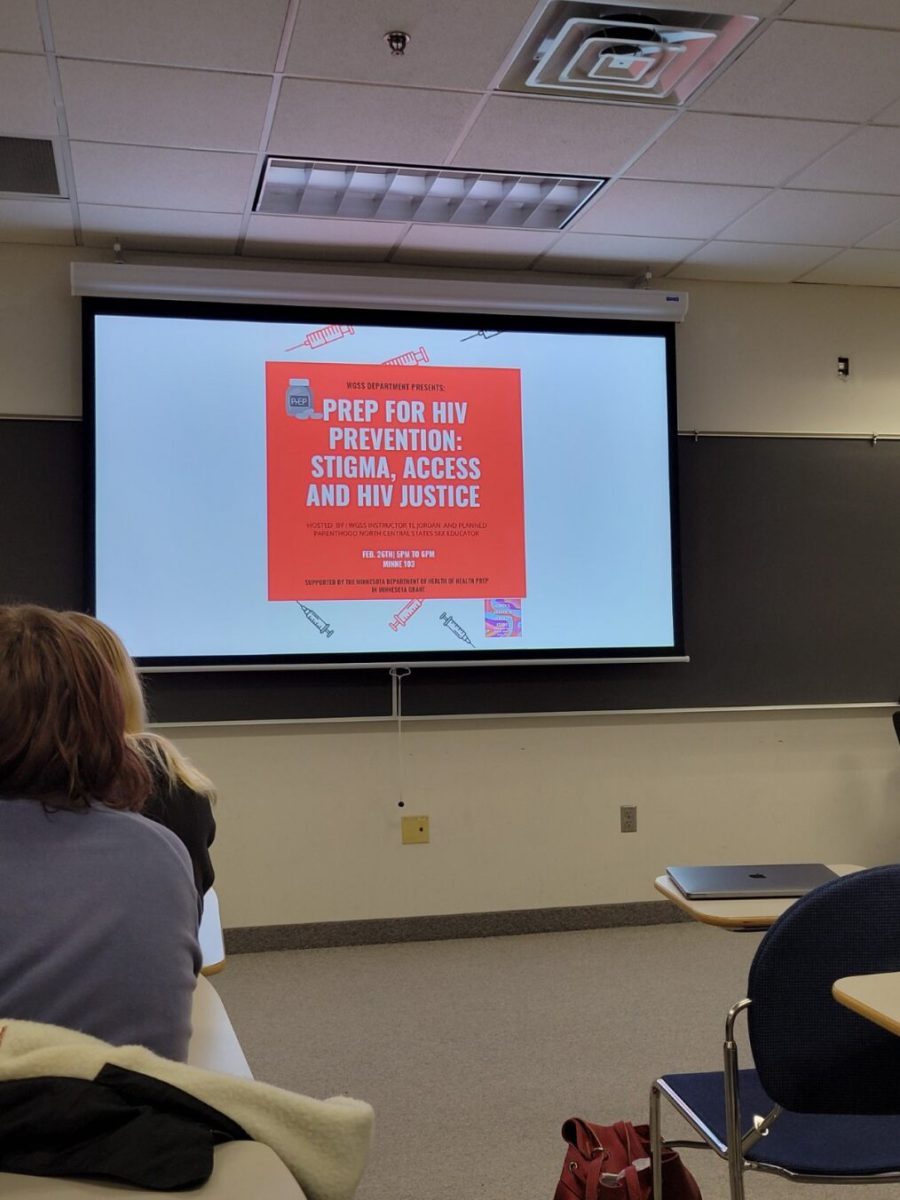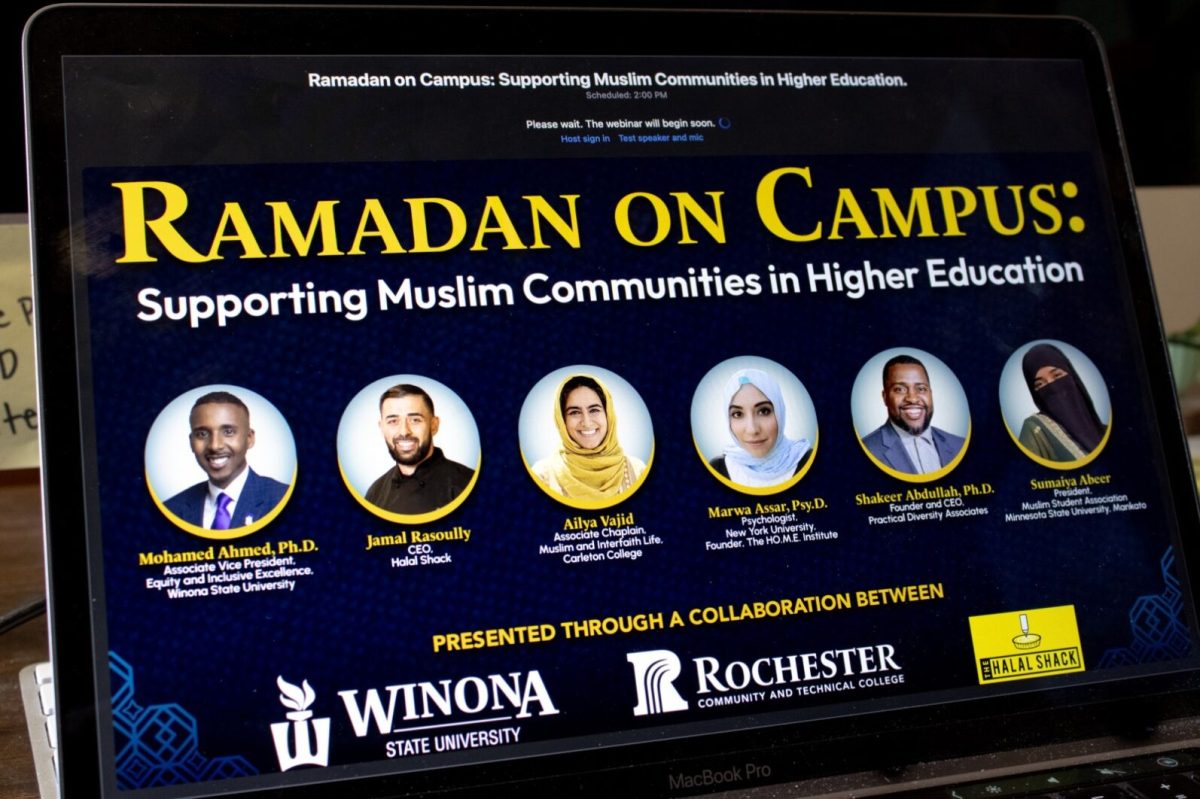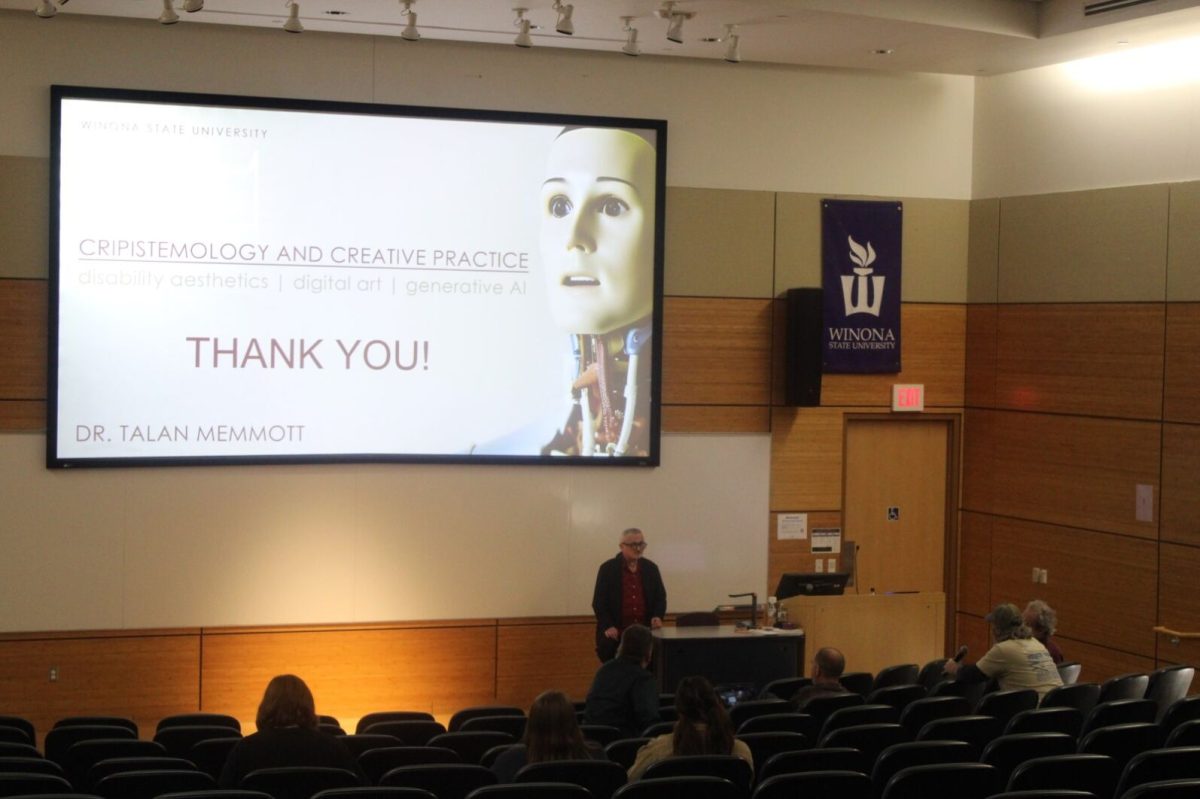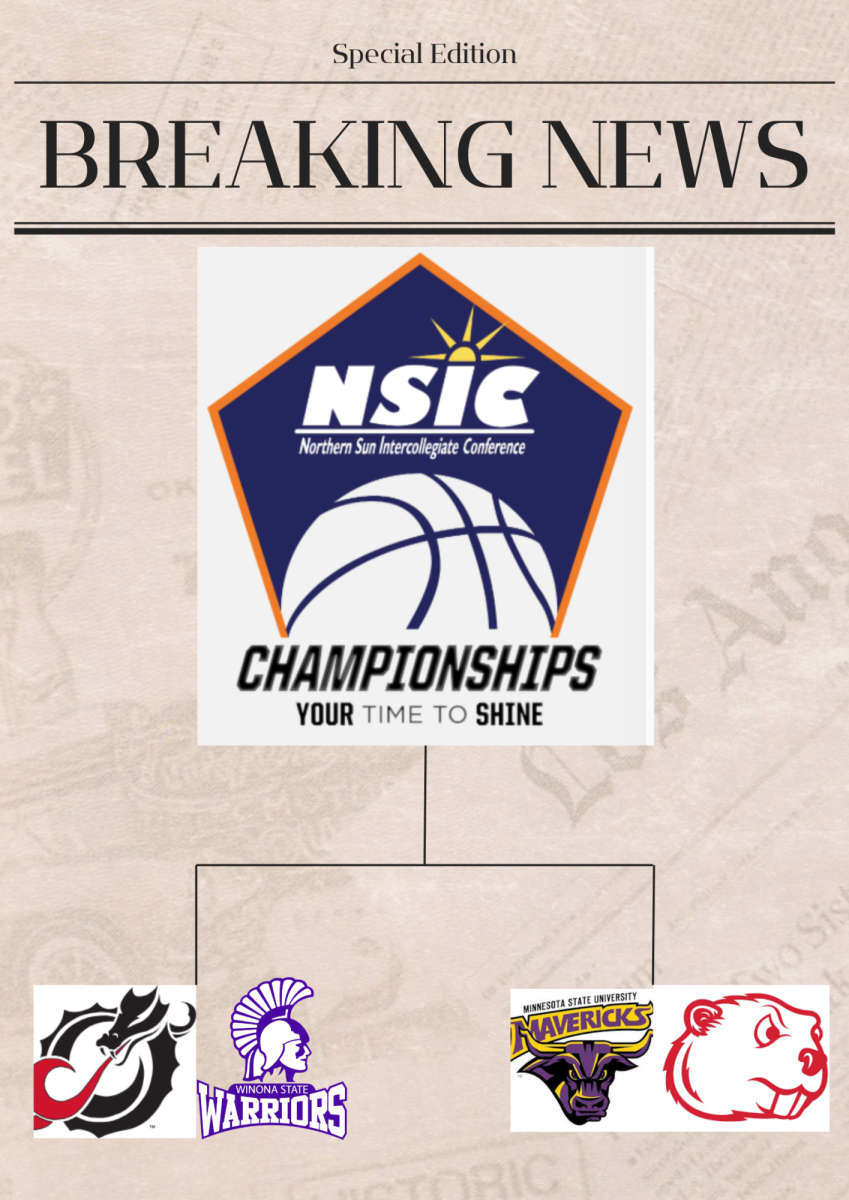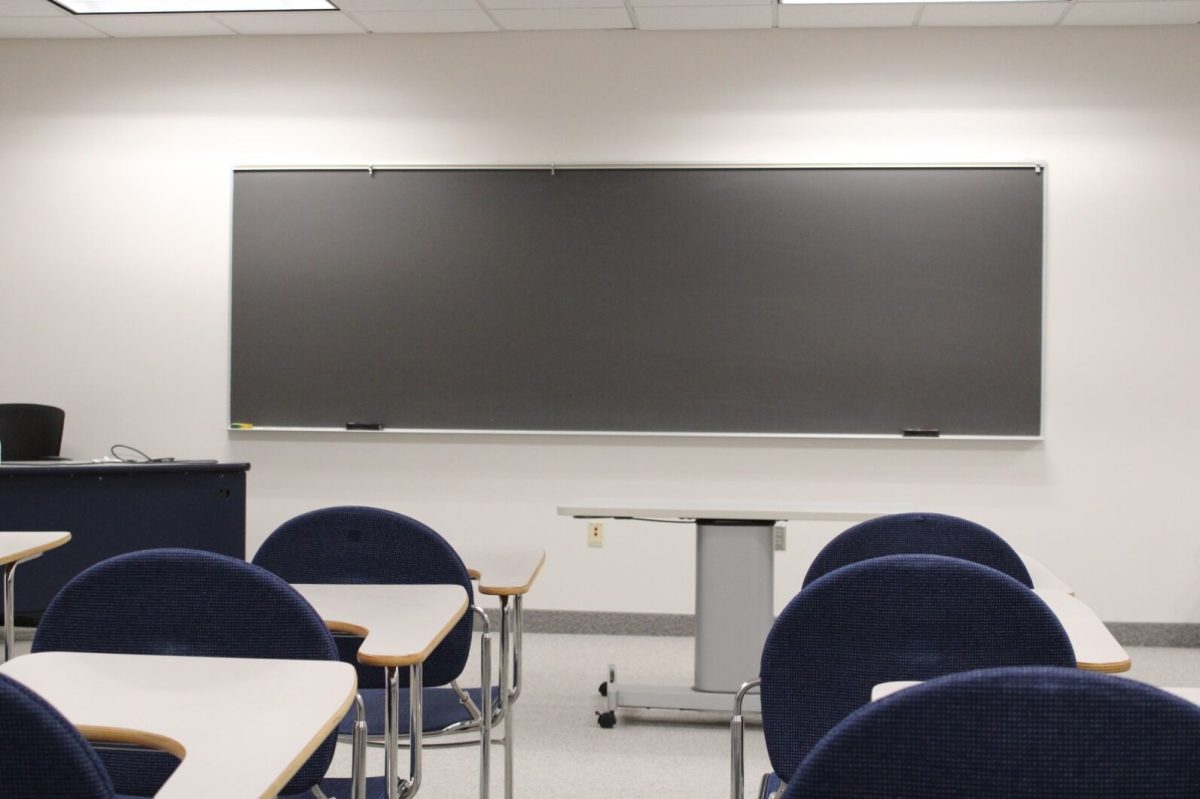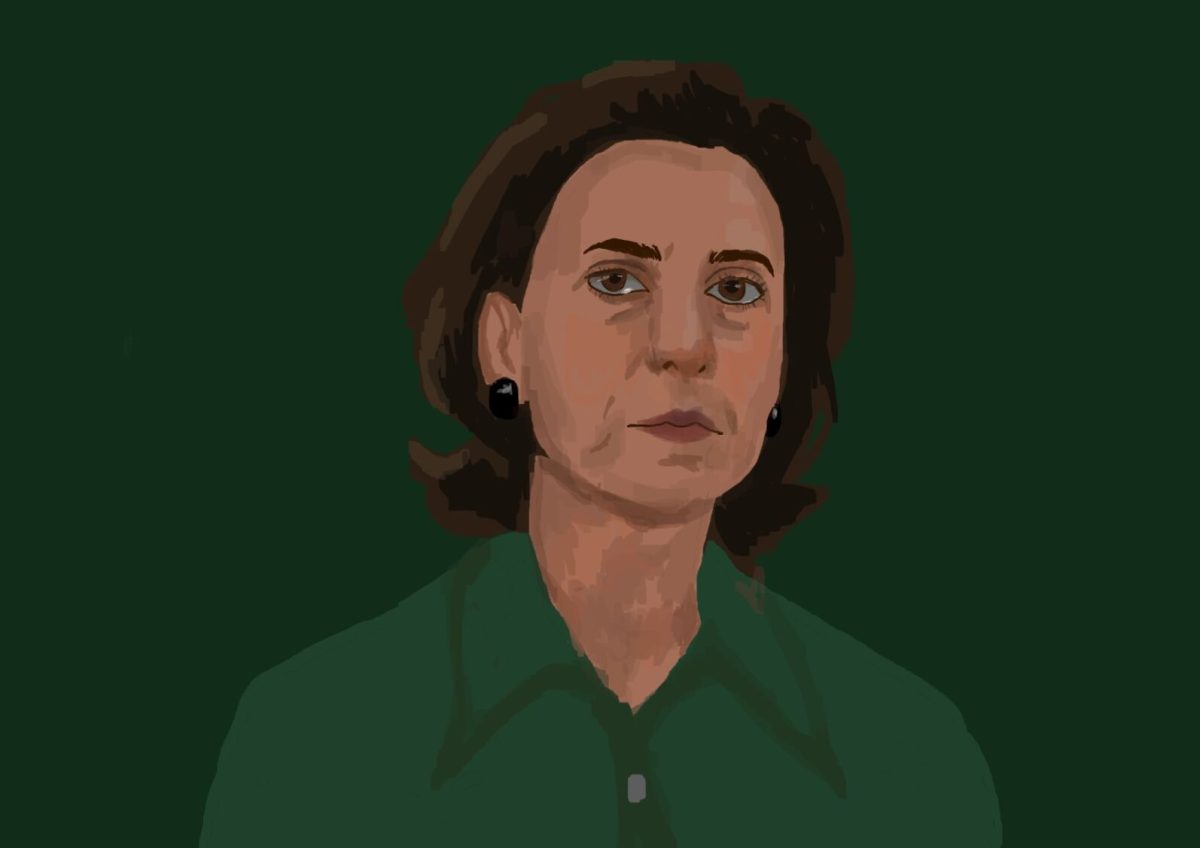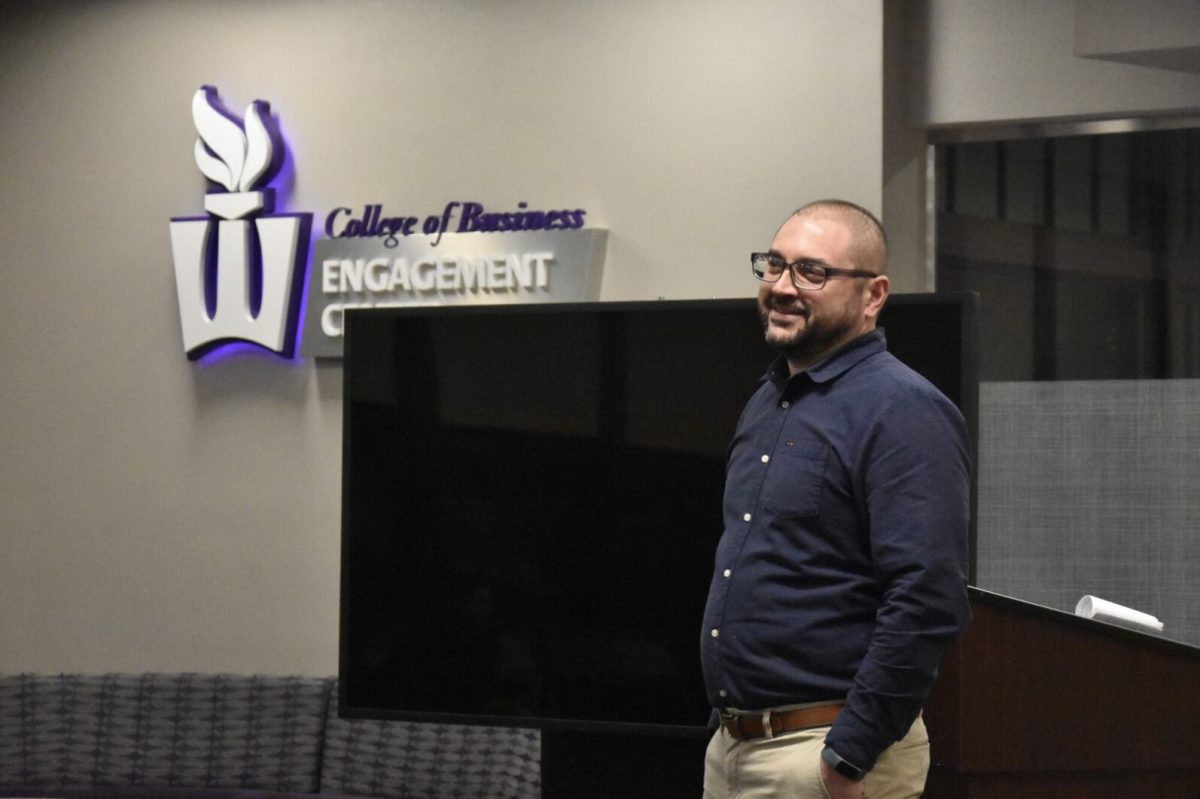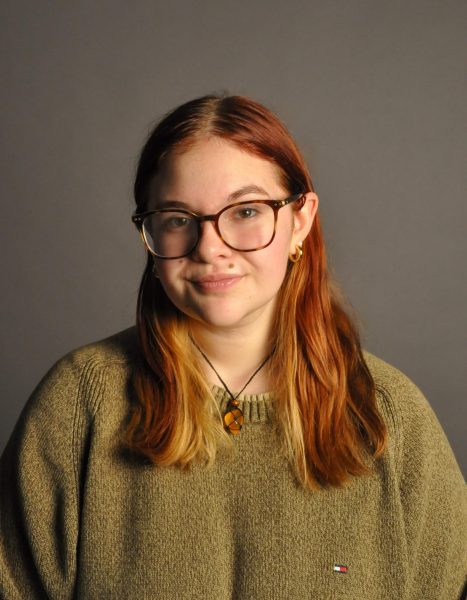On February 24, 2025, Winona State University cohosted with Rochester Community Technical College a webinar titled “Ramadan on Campus: Supporting Muslim Communities in Higher Education” that brought together Muslim voices and advocates to discuss and educate others on the best ways to support Muslims on campus during the upcoming month of Ramadan.
This year, the month of Ramadan extends from February 28 to March 30. During this time, many Muslims participate in fasting and added prayer. The typical custom is to eat one meal before the sun comes up, fast throughout the day, and eat a second meal once the sun has gone down. They then often participate in prayers or readings from the Quran into the night.
It is important for students and faculty to be aware of Ramadan because many Muslims participating in fasting or extended prayer may experience a noticeable level of fatigue or abstain from some social activities to focus on developing their faith life.
The webinar included a presentation on what exactly Ramadan is and why it is important to Muslims, as well as a panel discussion between various Muslims in different positions throughout the community. They all gave their insights into aspects of Muslim life during Ramadan and beyond, all speaking about the importance of Muslim visibility and inclusivity.
Dr. Shakeer Abdullah, founder and CEO of Practical Diversity Associates, believes that accommodations from faculty members for Muslim students during Ramadan can be a great help.
“There may be some class conflicts—maybe an exam or a class in the evening when it’s time for folks to break fast—and, you know, folks really want to pay attention to that,” Abdullah commented during the webinar. “You want to make sure you’re flexible and allow students to take a break and step out of class as necessary.”
And while these accommodations are helpful for Muslim students during Ramadan, it’s also important for all students and faculty to be educated in general on Muslim culture to dispel Islamophobia and any stigma surrounding Muslim religious practices or customs.
Ailya Vajid, Associate Chaplain for Muslim and Interfaith Life at Carleton College, said “Having events about Islam and Muslims more regularly on campus build understanding and connection. I think we often do it as a reaction to something that’s happened in the world…but we [should] regularly have events and programming like this that are actually educating the campus community and just kind of normalizing Islam and Muslims.”
One unique challenge Muslim college students face during Ramadan is having easy access to food. Since they typically eat their meals at non-traditional mealtimes, most dining halls and cafeterias are closed when they are ready to eat. Because of this, Muslim students often must eat something that may not be nutritious or filling.
“As an institution, it’s important to make dining services aware that the month of Ramadan is beginning,” Abdullah said. “Dining services can stay open late or provide some takeout options so that Muslim students have food available after traditional eating hours if the fasting hours are long.”
The month of Ramadan is a great time to be particularly aware of Muslims and how they live to be able to include them more. However, this education is something that can and should continue year-round—because everyone, no matter their religion, culture, or customs, deserves to be feel seen and included.

